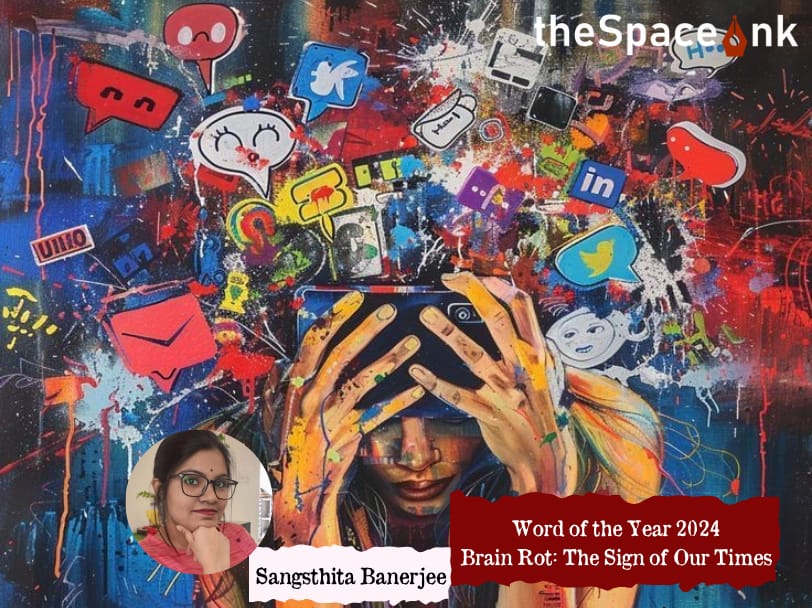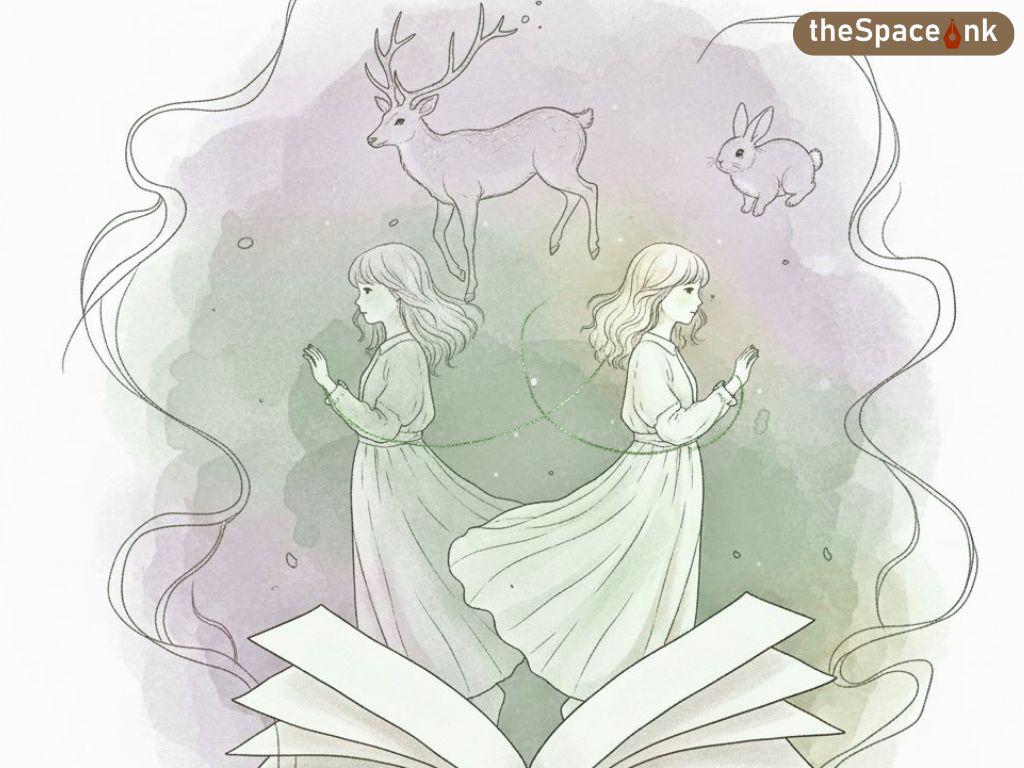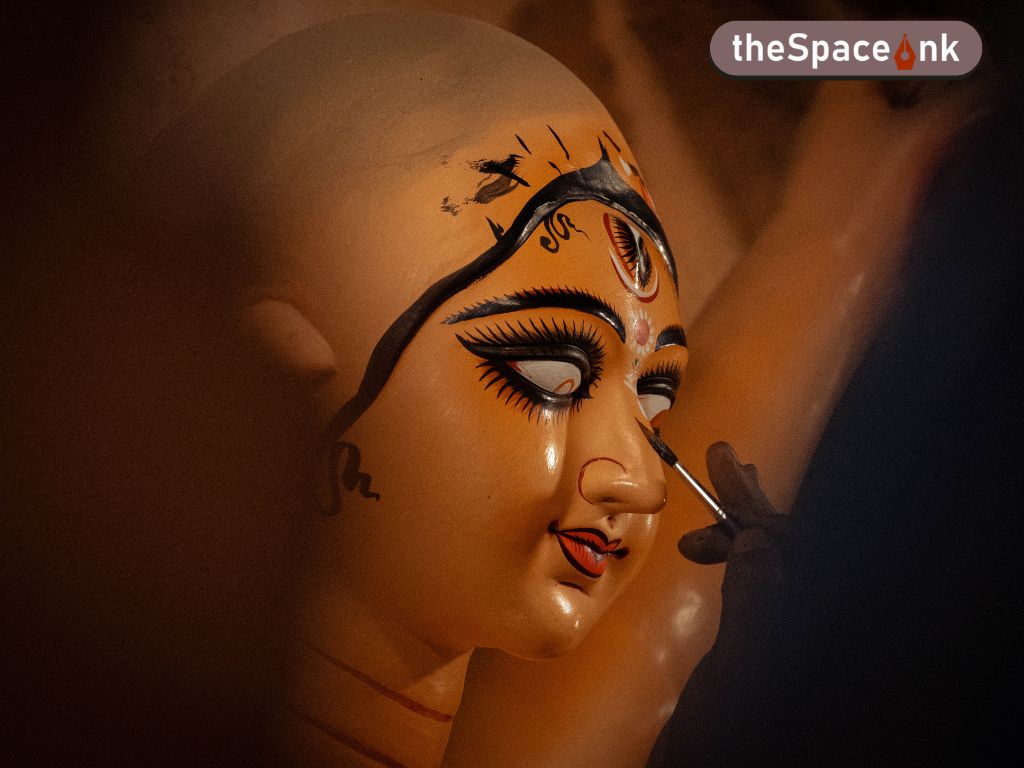Considering the impact of workload, career, family issues, heartbreak, on possibly every individual nowadays, our brains already seem to have declared “brain rot”. Coincidentally, as the Oxford word of the year, 2024, the term that has been chosen is also ‘brain rot’.
Brain rot’ is defined as “the supposed deterioration of a person’s mental or intellectual state, especially viewed as the result of overconsumption of material considered to be trivial or challenging”.
“Our language experts created a shortlist of six words to reflect the moods and conversations that helped shape the past year. After two weeks of public voting and widespread conversation, our experts came together to consider the public’s input, voting results, and our language data, before declaring ‘brain rot’ as the definitive Word of the Year 2024…”(Oxford University Press).
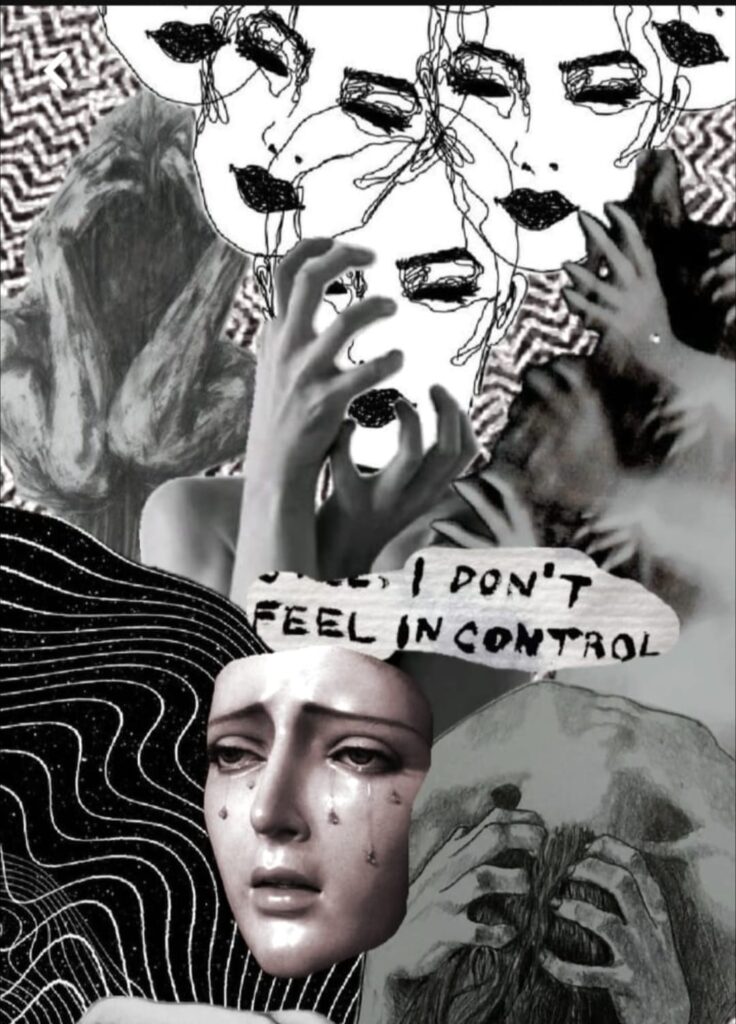
‘Brain rot’ is defined as “the supposed deterioration of a person’s mental or intellectual state, especially viewed as the result of overconsumption of material considered to be trivial or challenging. Also: something characterized as likely to lead to such a deterioration.” Experts discovered that the term ‘brain rot’ gained more popularity this year as a way to express worries about the effects of spending too much time on online content, particularly on social media.
The term ‘brain rot’ was first used in 1854 in Henry David Thoreau’s book Walden, where he wrote about his experiences living a simple life in nature. The term ‘brain rot’ has become more important in the digital age, especially in the last year. It first became popular on social media, especially TikTok, among GenZ and Gen Alpha. Now, it’s being used more widely, including mainstream journalism, as people grow more concerned about the harmful effects of spending too much time on online content. Serious discussions have taken place on how spending time on online content has been harming mental health, especially for children and young people. In relevance to this, earlier this year, a mental health center in the US shared tips online on how to spot and prevent ‘brain rot’.

Casper Grathwohl, the President of Oxford Languages, commented, “It’s been insightful and deeply moving to see language lovers all over the world participate and help us select the Oxford Word of the Year 2024…” Other finalists for the Word of the Year included “demure,” “dynamic pricing,” “lore,” “romantasy,” and “slop.” These words reflect different topics like social media trends, pricing strategies, storytelling, new book genres, and AI-created content.
Also read: Of Two Worlds: The Collateral of War
In recent years, Oxford’s Words of the Year have reflected pivotal societal concerns, much like “brain rot.” For instance, “vax” (2021) encapsulated the global focus on COVID-19 vaccinations and the intense debates around public health measures. “Goblin mode” (2022) resonated with individuals embracing unfiltered, unapologetically lazy behavior during a time of burnout and self-reflection, particularly in the aftermath of the pandemic. In 2018, “toxic” captured society’s attention toward harmful behaviors, workplaces, and even environmental hazards, while in 2019, “climate emergency” spotlighted the urgency of addressing global environmental challenges.
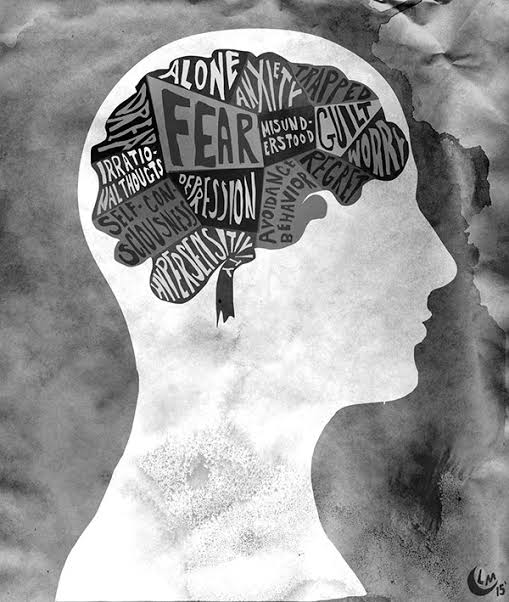
Like these terms, “brain rot” reflects a pressing cultural issue—in this case, the pervasive mental toll of digital overstimulation. However, unlike the more situational or event-specific concerns of past Words of the Year, “brain rot” underscores a deeper and ongoing challenge of managing mental health and intellectual well-being
in a world dominated by excessive consumption of digital content. This shift highlights an evolving recognition of the long-term impact of technological and cultural trends on our lives.
In conclusion, the selection of ‘brain rot’ as the Oxford Word of the Year 2024 reflects the growing concerns of our digital age, where constant exposure to low-quality online content has significant effects on our mental well-being. The choice of this term underscores the collective anxiety surrounding the impact of excessive screen time, particularly on younger generations. As a sign of the times, ‘brain rot’ captures the essence of modern struggles– balancing digital engagement with mental health—and serves as a reminder of the need for conscious consumption in a world increasingly shaped by social media and technology.
Image Courtesy: Pinterest, Elets Technomedia
Sangsthita Banerjee is an Undergraduate student majoring in English at
Jogamaya Devi College, University of Calcutta. Her interests include
Postcolonial literature, Indian diasporic narratives, and Partition literature.


